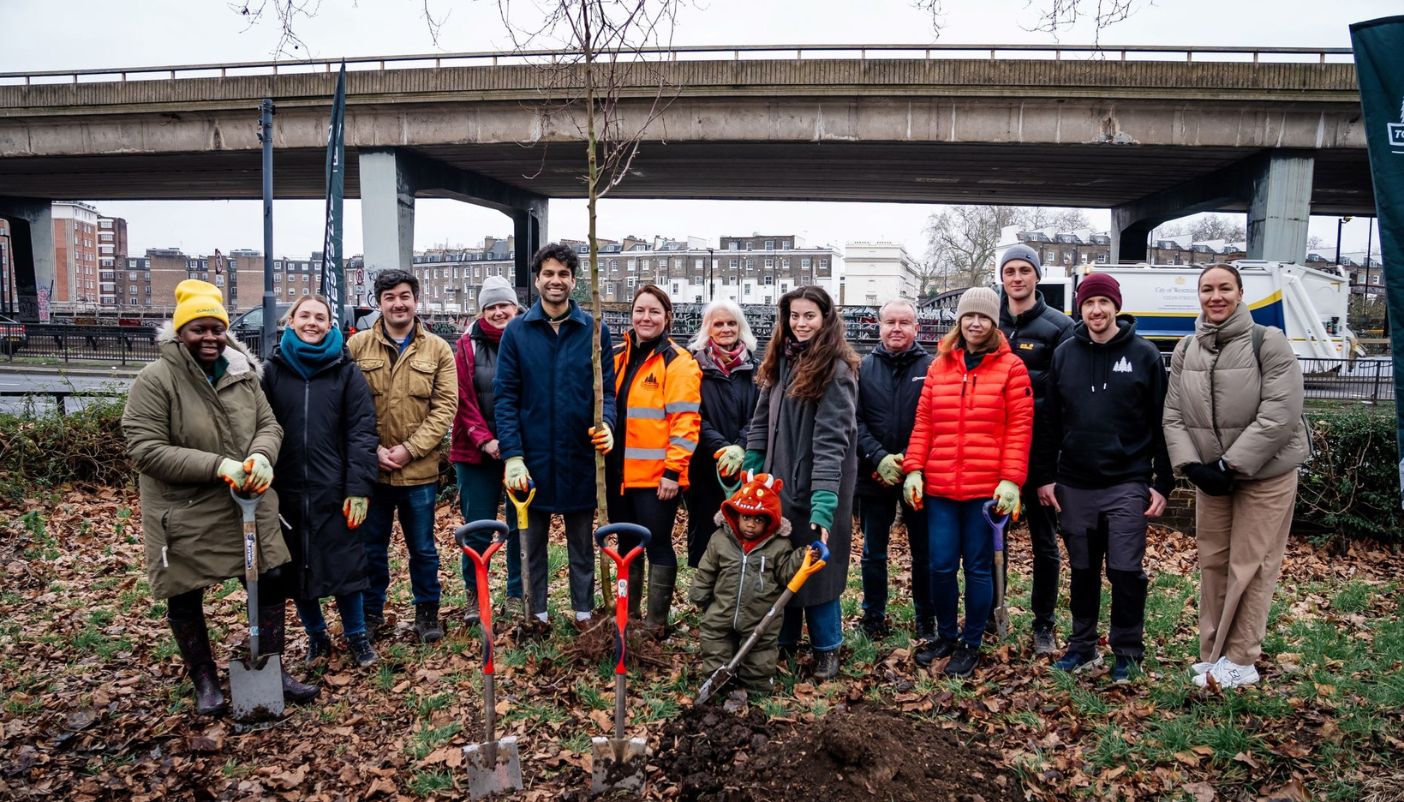The Post-Covid Green Recovery – A New Hope?
We examine whether the global reduction in carbon emissions during the Covid-19 pandemic could herald a long-term green reco

We examine whether the global reduction in carbon emissions during the Covid-19 pandemic could herald a long-term green recovery.
The world in lockdown
Although the Coronavirus pandemic has been very much a human issue, it has had a truly global impact on other species and on the planet itself. The virus has demonstrated with startling clarity how closely we are connected to our environment; from the virus origins in bushmeat consumption, the increased risk of zoonotic disease transmission through loss of biodiversity and deforestation, through to the astonishing consequences of a global human lockdown for wildlife and pollution.
At one point in April 2020 more than half the world’s population (3.9 billion people in more than 90 countries) was experiencing a form of lockdown. The effect on air pollution and carbon emissions was dramatic, with images of clear blue skies filling social media, as the earth breathed due to fewer emissions from factories and reduced air and land traffic.

Global carbon dioxide emissions linked to human activity dropped by an average of 17% at the height of the lockdown in April 2020, to a level not seen since 2006. With the pressure to tackle the climate emergency growing, this reduction felt like an injection of hope for environmental campaigners. Could this pause for reflection and reconnection with nature signify the beginning of a movement to keep the climate positive momentum going?

The roots of the green recovery
Unfortunately, CO2 levels have rebounded much quicker than expected to within 5% of 2019 levels by early June 2020, echoing the rebound following the 2008 to 2009 global financial crash. Advice given by industry experts such as the International Energy Agency and an Oxford University study have highlighted that economic growth incentives should not come at the cost of CO2 reduction. Projects that cut emissions could indeed provide better returns on government spending.
Green recovery incentives
Following this advice, many governments have been keen to commit to a post-Covid green recovery, aiming to stimulate economic growth using or incorporating green initiatives. Governments from countries such as the UK, Germany, Finland, France, Italy, Denmark, Canada, China, Nigeria, South Korea and India have all committed to providing additional post-Covid funding to green projects. These cover a range of industries and include improving energy efficiency and installing renewable energy sources in housing, reducing emissions in heavy industry, planting trees and job creation in the environmental sector, and increasing access to electric vehicles and improving public transport. Funding given to more emission-heavy manufacturing and transport industries may also come with conditions to ensure that green targets are respected. A very accessible policy tracker has been developed by a group of sustainability and environmental organisations, which monitors these policies to maintain scrutiny.
.jpg)
In spite of the positive ‘build it back better’ green recovery message and firm public backing, concerns have been raised about the unconditional funding given by governments to fossil fuel industries in particular. The Energy Policy Tracker analysis indicates that within the energy industry over $205 billion has been committed by G20 countries to funding fossil fuel industry recovery, compared to just over $135 billion committed to green energy. Of that fossil fuel investment, only 13% of the funding comes with conditions regarding green mitigation measures such as those imposed on the Air France bailout by the French government. The disparity between countries is immediately apparent, with governments from Germany, France, China and the UK committing far more to green energy recovery initiatives than those of fossil fuels. With the global airline industry being one of the hardest hit by travel restrictions, and one of the recipients of the greatest funding, imposing ‘green strings’ to any financial packages would seem an effective way of counteracting any increase in greenhouse gas emissions.

With the emissions reduction from lockdown having a negligible long term effect, the green recovery has been identified as being critical to meeting climate change targets. Public and industry awareness of the need for a green recovery is high and the overall message seems to be positive, especially with environmental organisations scrutinising global spending closely. With the ambitious Paris Agreement target of limiting long-term global warming caused by humans to 1.5°C getting ever closer to being breached, urgent action on climate change is still required. Governments and industry must be held accountable for their part in reducing carbon and greenhouse gas emissions, because as the lead author of the lockdown CO2 study pointed out, even with over half the humans on the planet drastically cutting their carbon-generating activities, 83% of carbon emissions were unaffected. This highlights the importance of climate mitigation measures such as tree planting, stopping deforestation and habitat creation for ensuring the future of our planet. With governments still hesitating to introduce sweeping measures to reduce carbon emissions, business has a key role to play in pushing innovation, informing and directing national policy, and changing their own practices to help meet our net-zero emissions targets. The international Covid-19 collaboration shows that humans can work together against a global threat when necessary and we strongly hope that this paves the way for more informed, efficient action to tackle the climate emergency.
.jpg)
Our biodiversity work is divided into four core projects
Project 1
1.4 hectare mosaic of wet woodland, pond, and culm pasture meadow, in the North Devon Biosphere Reserve.
Project 2
2.6 hectare freshwater lake with gravel bed and mudflats, wetland and wildflower meadow managed for rare butterflies.

Project 3
1 hectare of the most spectacular seagrass meadow off the coast of North Wales.

Tree planting
Simply select how many trees you wish to plant and make a real contribution in the fight against climate change.





